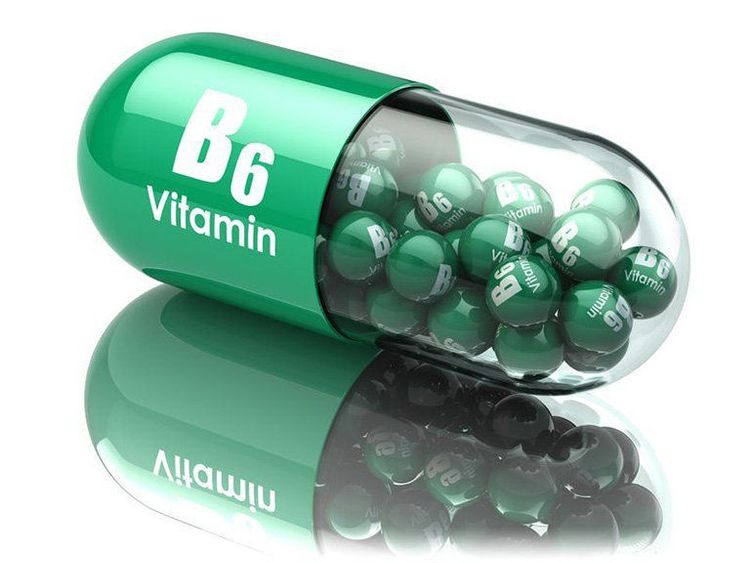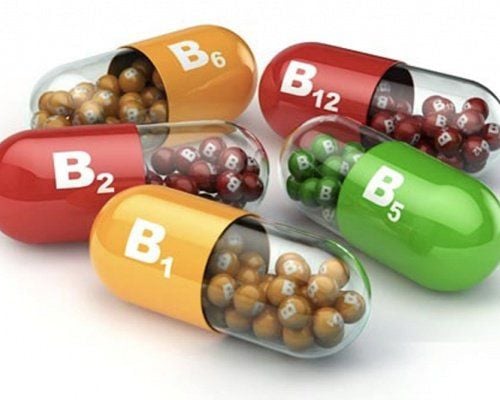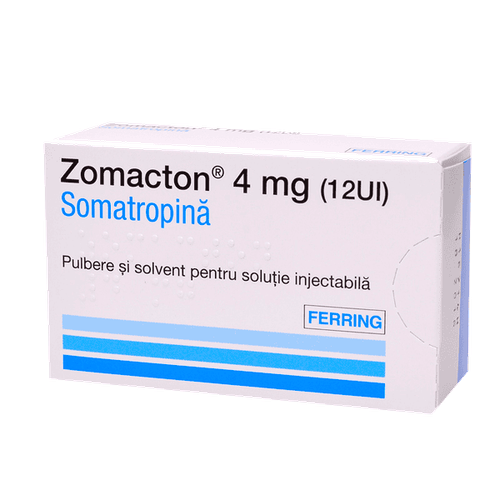This is an automatically translated article.
Everyone knows zinc is an essential mineral for brain health. Especially the hippocampus (the memory center of the brain) contains very high amounts of zinc. But you may not know, zinc and vitamin B6 help neurotransmitters work better.1. The role of zinc in nerve conduction
In the human body, zinc is a trace element, it only accounts for a very small percentage. However, the role of the element zinc in health is very important. One of those roles is to develop and improve the brain.According to the studies that have been conducted, the memory center of the brain contains a large amount of zinc. It is an essential element for brain development, especially in young children. In adults, zinc helps improve brain health, recover from injury and disease. Zinc and vitamin B6 work to promote the activity of neurotransmitters in the brain.
Zinc is concentrated in the nervous system, with about 1.5% of the total amount of zinc in the whole body, it helps stabilize the activity of nerve cells, helps maintain brain development, memory and helps reduce stress and anxiety. If the body is provided with enough zinc, especially for children, it will help children have good thinking and memory abilities.
Although zinc plays such important roles, the manifestations of zinc deficiency are silent, latent, difficult to diagnose, easily confused with some other diseases. Manifestations of zinc deficiency can include: Loss of appetite, hair loss, impaired immune system function, diarrhea, skin and eye damage, growth retardation in children, and male impotence. gender.
According to the national survey data of the National Institute of Nutrition, the rate of zinc deficiency in children under 5 years old is up to 82%. Because zinc deficiency is silent, when discovered it has serious long-term health consequences. Therefore, the prevention of zinc deficiency through the diet is important. Beef, goat meat, egg yolks... Besides, because zinc is not stored in the body for a long time, it can be "used gradually", so you need to make sure your daily diet has enough zinc.

Kẽm và vitamin B6 giúp dẫn truyền thần kinh hoạt động hiệu quả hơn
2. The role of vitamin B6 in neurotransmission
Vitamin B6 also known as pyridoxine, it is a vitamin of the group of B complex vitamins. This vitamin plays an important role in many functions of the nervous system, liver and horny organs. Adequate vitamin B6 supplementation is extremely important, helping the body maintain physical and psychological functions, support metabolism, stabilize liver activity and help skin and hair. , stronger nails.In addition, vitamin B6 derivatives also play a role in supporting nerve function, circulatory function and metabolism in the body. Therefore, when the body is deficient in this vitamin, you will feel tired and irritable, and in some cases can even lead to depression.
Vitamin B6 helps create neurotransmitters, including serotonin and dopamine, which are important chemical messengers in the brain. This vitamin also helps regulate energy use in the brain.
Some studies have suggested that a vitamin B6 deficiency may be associated with cognitive decline and dementia. Some studies have also suggested that older adults with higher blood levels of vitamin B6 have better memory.
In summary, there is little evidence that vitamin B6 supplementation improves cognition or mood in people with or without dementia, but it is vitally important for the body to maintain physical and psychological functions, support metabolism, stabilize liver activity, and make skin, hair, and nails stronger. Therefore, adequate zinc and vitamin B6 supplementation will help neurotransmitters work better.













